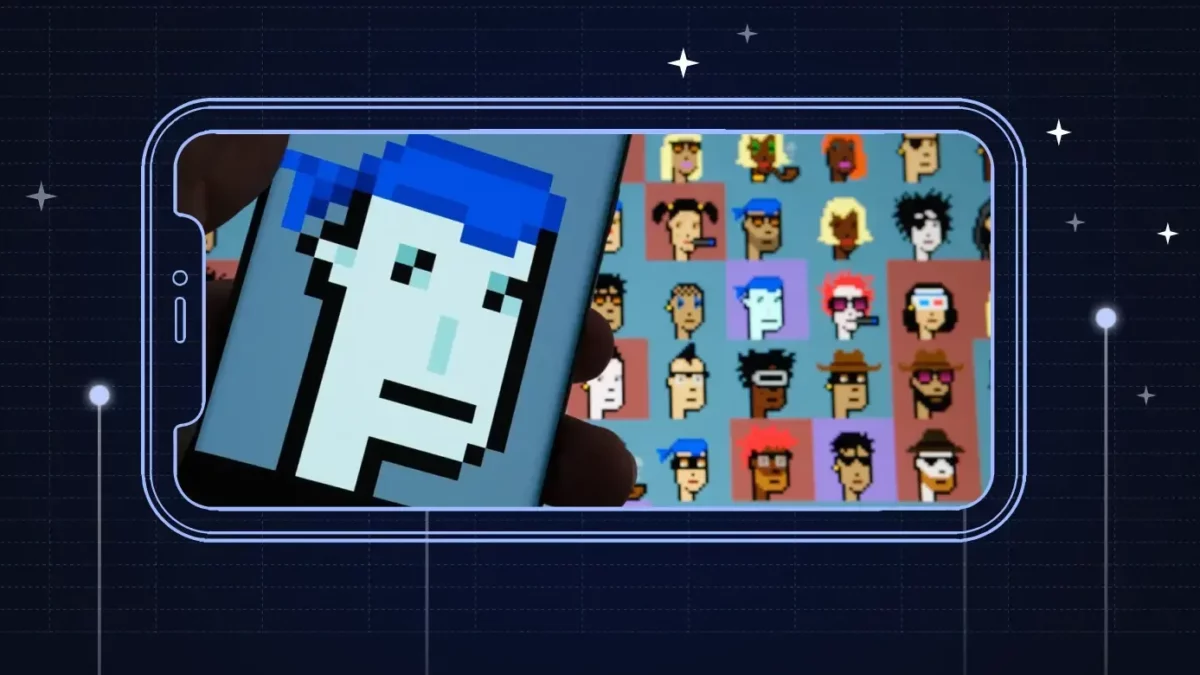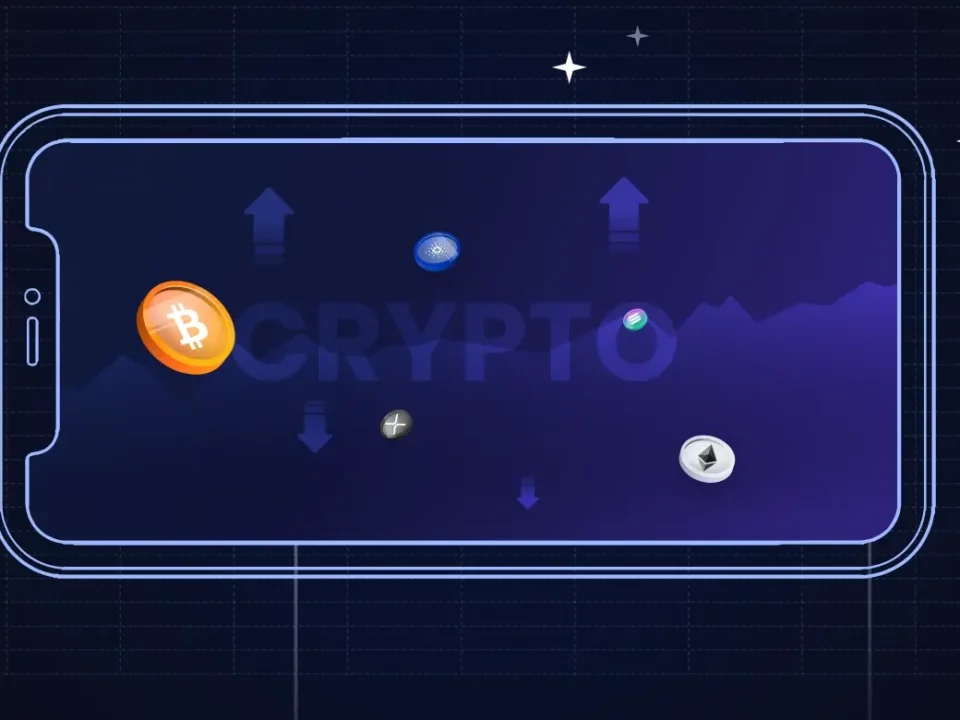Table of Contents
ToggleIntroduction
In the rapidly evolving world of crypto, Non-Fungible Tokens (NFTs) have emerged as a groundbreaking innovation, revolutionizing the way we perceive digital ownership. NFTs have gained immense popularity in recent years, making headlines for their record-breaking sales and creative applications across various industries. In this article, we will delve into the world of NFTs, exploring how they work, who can create them, and the process of minting an NFT. Additionally, we will discuss the future potential of NFTs and provide some frequently asked questions to demystify this exciting technology.
Unfold’23 – Web3 Events in India
Join us as we embark upon the much anticipated premier Web3 event of 2023! UNFOLD is here, packed with exciting sessions from industry leaders and an opportunity like never before! Come face to face with venture capitalists and pitch your story, get your doubts cleared and know Web3 from the pioneering minds! And that’s just the beginning… What are you waiting for? Register today! Special benefits for Early Birds!
What is an NFT?
NFTs, short for Non-Fungible Tokens, are unique digital assets that represent ownership of a specific item, artwork, music, video, or any other form of digital content. Unlike crypto assets such as Bitcoin or Ethereum, which are interchangeable and have equal value, NFTs possess individual characteristics that make each token distinct and irreplaceable.
How does NFT work?
The underlying technology that powers NFTs is the blockchain, specifically the Ethereum blockchain in most cases. When an item is transformed into an NFT, its ownership and transaction history are securely recorded on the blockchain, ensuring transparency and immutability. This gives artists, creators, and collectors unprecedented authenticity and provenance for their digital creations.
Who can create an NFT?
Creating an NFT is not restricted to a select few; anyone with access to the necessary tools and platforms can participate in the NFT space. Whether you are an artist, musician, writer, game developer, or content creator, you have the potential to turn your digital work into an NFT and share it with a global audience.
How to create an NFT?
The process of minting an NFT involves several steps, but it is relatively straightforward. Here’s a simplified guide to creating your very own NFT:
- Choose an NFT Platform: Start by selecting a reputable NFT marketplace or platform that aligns with your needs and goals. Popular choices include OpenSea, Rarible, and Mintable, among others.
- Create a Wallet: To interact with the blockchain and create NFTs, you’ll need a digital wallet that supports Ethereum and other relevant crypto assets. MetaMask is a widely used browser extension wallet that provides seamless integration with various NFT platforms.
- Prepare Your Digital Content: Ensure that your digital asset is in a supported format, such as JPEG, PNG, GIF, or MP4, depending on the type of content you wish to tokenize.
- Minting Your NFT: Once your content is ready and your wallet is set up, you can initiate the minting process on your chosen platform. Follow the instructions provided by the platform, and your NFT will be created and linked to the Ethereum blockchain.
- Set Attributes and Royalties: Some platforms allow creators to set attributes and royalties for their NFTs. You can specify details such as the title, description, and royalty percentage you wish to receive each time your NFT is sold in the future.
- Pay Gas Fees: As with any transaction on the blockchain, you’ll need to pay a gas fee to cover the computational resources required for processing your NFT’s creation. Gas fees can fluctuate based on network activity.
- Publish and Promote: Once your NFT is minted, it will be visible on the marketplace for potential buyers. Remember to promote your creation through social media and other channels to reach a broader audience.
Read More: How to Create an NFT on OpenSea?
Future of NFTs
The future of NFTs holds immense potential for further growth and innovation. As the technology continues to mature, we can expect to witness the following developments:
- Diversification of NFT Use Cases: NFTs will expand beyond art and collectibles to encompass a wide range of industries, including real estate, virtual goods in gaming, ticketing, and intellectual property rights management.
- Interoperability and Scalability: Advancements in blockchain technology will increase interoperability between blockchains, allowing NFTs to move seamlessly between platforms. Additionally, scalability solutions will address the high gas fees and environmental concerns associated with the Ethereum blockchain.
- Integration with the Metaverse: NFTs will play a significant role in the development of the metaverse, a virtual shared space where users can interact with each other and digital assets in real time. NFTs will enable ownership and customization of virtual properties, avatars, and assets within these virtual worlds.
Additional Read: Top 10 NFT Marketplaces
Conclusion
NFTs have opened up a new realm of possibilities in the digital landscape, empowering creators and collectors alike. As blockchain technology continues to evolve and mainstream adoption grows, NFTs will likely become an integral part of various industries, reshaping the way we experience, buy, and sell digital content. By understanding the basics of NFTs and the process of creating them, you can actively participate in this exciting and transformative space.
FAQs
No, NFTs are distinct from crypto assets. While cryptos are fungible and can be exchanged on a one-to-one basis, NFTs represent unique assets and cannot be traded on a like-for-like basis. Many NFT platforms provide user-friendly interfaces allowing creators to mint NFTs without deep technical expertise. However, it's essential to familiarize yourself with the process and potential costs before getting started. We do not provide investment advice. The value of NFTs can be highly volatile, and their worth is subject to market demand. It's crucial to approach NFTs clearly, understanding your goals and risk tolerance. Selling an NFT depends on the creator who is selling the NFT. If the sell is happening via partnership, the creator is given a royalty charge coupled with the price. Are NFTs a form of crypto asset?
Can I create an NFT on my own?
Is making NFT profitable?
How much does it cost to sell NFT?
Related posts
Understanding the Different Types of Cryptos: Coins, Tokens, Altcoins & More Explained
Explore the major types of crypto assets and their unique roles.
Read more
PAWS Telegram Game: The New Tap to Earn Game That Is Beating Hamster Kombat
Discover how to play and earn with PAWS Telegram game.
Read more


